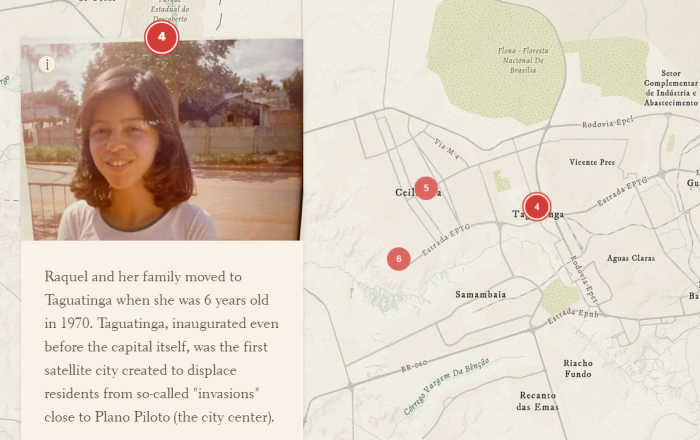ACLS Announces 2024 Mellon/ACLS Dissertation Innovation Fellows

The American Council of Learned Societies (ACLS) is proud to announce the 2024 Mellon/ACLS Dissertation Innovation Fellows, made possible by the generous support of the Mellon Foundation.
This year, the initiative will support 45 doctoral students in the humanities and interpretive social sciences as they pursue bold and innovative approaches to dissertation research. ACLS launched the Mellon/ACLS Dissertation Innovation Fellowship Program in 2023 to advance a vision for doctoral education that prioritizes openness to new methods and sources, underrepresented voices and perspectives, and scholarly experimentation. The awards are designed to accelerate change in the norms of humanistic scholarship by recognizing those who take risks in the modes, methods, and subjects of their research.
“We look forward to following the progress of these remarkable emerging scholars as they explore new research methodologies, forge collaborative partnerships in the co-creation of knowledge, and engage new audiences for humanistic scholarship,” said John Paul Christy, Senior Director of US Programs at ACLS. “Each of these awards is an opportunity for the sector to learn about approaches to fostering the evolution of doctoral education.”
Each fellow receives an award of up to $50,000, consisting of a $40,000 stipend for the fellowship year; up to $8,000 for project-related research, training, professional development, and travel expenses; and a $2,000 stipend to support external mentorship that offers new perspectives on the fellow’s project and expands their advising network. With fellows pursuing their research across the country and beyond, ACLS will also provide opportunities for virtual networking and scholarly programming throughout the fellows’ award terms.
ACLS employed a rigorous, interdisciplinary peer review process to select this year’s 45 fellows from a pool of more than 700 applicants, representing over 125 US universities and dozens of humanistic disciplines. The program’s peer reviewers praised applicants’ ambition, creativity, and sense of purpose, with several reviewers noting that the process gave them a sense of optimism for the future of humanistic research.
The 2024 awardees will pursue a range of non-traditional approaches to the dissertation, incorporating trans- and inter-disciplinary research, digital scholarship, and community engagement. Their research includes:
- a project utilizing photo-ethnography and photovoice to foreground the contested perspectives surrounding the building of the Maya Train in Southern Mexico
- a project employing critical digital spatial modeling and original art design to illuminate the embodied and sensorial experiences of disabled Afro-Indigenous women
- research bringing together the sociology of war and conflict, feminist political ecology, environmental humanities, and reproductive justice to investigate the consequences of the environmental effects of war in the Columbian Caribbean—including pollution and water contamination—on women’s reproductive health
- research that weaves together the emerging framework of “crip linguistics,” critical disability studies, and discourse analysis to better understand the experiences of disabled people
- a study integrating oral history methodologies and legal anthropology to interrogate the relationship between history, memory, and law in the Black Power Movement in New York between 1920 and 1970

